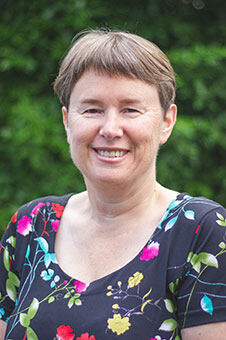Removing the $5 prescription charge for people in areas of high socioeconomic deprivation reduces the number of hospital admissions and the length of stays, a new study shows.
Researchers, led by Professor Pauline Norris of the University of Otago’s Va’a o Tautai – Centre for Pacific Health, are recommending the charges be dropped for people with high health needs and low incomes or be scrapped entirely.
Professor Norris says the charge prevents some people from getting their medication, which can lead to them going to hospital.


“Some people have such low incomes and high health costs, that the $5 charge per medicine is an insurmountable barrier,” Professor Norris says.
“They go without their medicines, and as a result their health problems get worse, so they need hospital care. This is bad for them, their whānau, and the health system.”
More than 1000 people from economically deprived areas of Aotearoa, and who have physical and mental health problems which require medication took part in the year-long study.
They were randomly assigned to one of two groups – control or intervention.
People in the control group were required to pay the $5 fee as normal, while those in the intervention group did not. Instead, pharmacies billed the study authors.
Results of the study, published in the international journal BMC Health Services Research, reveals for every 100 people who received free prescriptions, 33 were admitted to hospital and stayed for 208 days.
For every 100 people who still had to pay the $5 charge, 41 were admitted to hospital and stayed for 326 days.
Removing the charge had a substantial effect on the odds of being hospitalised during the study year, reduced the number of admissions for mental health problems, the number of admissions for chronic obstructive pulmonary disease (COPD), and the length of stay for COPD admissions.
“We knew from previous studies that people go without their medicines because of cost, and many people had told us about their health suffering and sometimes ending up in hospital before of this,” Professor Norris says.
“However, I am surprised at how much difference the free medicines made; it was really dramatic”.
She hopes policymakers will consider eliminating the charges for people who are unable to afford them.
“This would be a simple way to reduce health inequities.
“If a doctor thinks someone needs a medicine, and they want to take it, why do we let the lack of $5 stop them?”
A recent New Zealand health survey reveals 3.3 per cent of adults reported going without a medicine because of costs. This was more common for Māori and Pacific peoples, and those living in areas of high deprivation.
Co-author Dr Shirley Keown, of Turanga Health, says “prescription charges force people to choose between getting their medicines, feeding their whānau, paying the power bill or buying petrol for the car to get to work”.



































